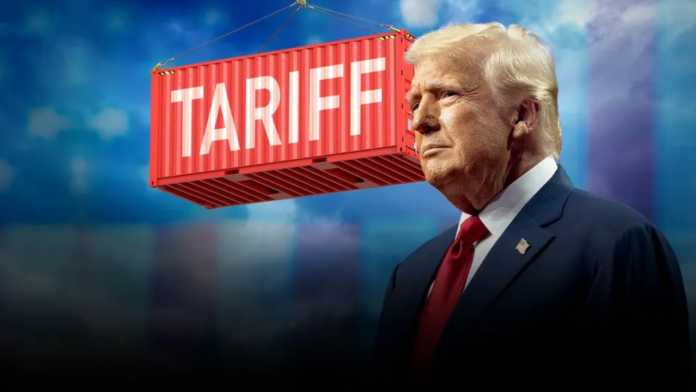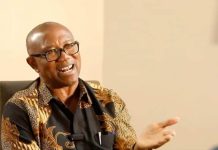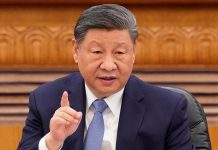If U.S. President Donald Trump follows through on his recent threat to impose a 10% tariff on nations who are part of the BRICS alliance, Nigeria’s already ailing economy may be put under further hardship.
Trump, who has stepped up his trade rhetoric in the run-up to the US elections, reportedly threatened on Sunday via his Truth Social platform that any country that supports the “anti-American” policies of the BRICS would be subject to an additional import tax. “This policy will not be subject to exceptions,” he said.
Since officially joining the BRICS in January 2025, Nigeria has taken part in meetings and projects organized by the developing economies group.
At Brazilian President Luiz Inácio Lula da Silva’s invitation, President Bola Tinubu came in Rio de Janeiro on Saturday for the 17th BRICS Summit, signaling Nigeria’s ongoing participation as a partner country in the enlarged BRICS framework.
Initially composed of Brazil, Russia, India, China, and South Africa, the group was expanded in 2024 to include six more nations: Egypt, Ethiopia, Iran, Indonesia, Saudi Arabia, and the United Arab Emirates.
Nigeria is actively participating in high-level discussions, policy formulation, and summit pronouncements, despite its membership still being below full status.
Together, the BRICS countries denounced “indiscriminate” import duties on Sunday, cautioning that they would cause economic instability worldwide. Tensions with Washington have escalated as a result of the coalition’s criticism of recent Israeli-US airstrikes against Iran.
It is known that Nigeria, the biggest economy in Africa, still depends mostly on crude oil, with more than 90% of its exports to the US being petroleum.
Read Also: Ajadi Warns Nigerians Against Trusting Politicians Who Betrayed 2023 Promises
Nigeria only makes up a minor portion of US commerce, but any additional tariffs, especially on non-oil exports, might hinder diversification efforts and stall economic growth.
Nigeria’s economy has struggled since 2023 with rising inflation, unstable currency, and the effects of significant changes including the elimination of fuel subsidies and the implementation of a flexible exchange rate.
The Central Bank of Nigeria (CBN) reports that headline inflation increased from 18.85% in 2022 to 34.2% in mid-2024 before decreasing to 27.5% by mid-2025.
Even with the minor respite, consumer prices are still high, and the jobless rate still clouds recovery prospects. In order to control inflation, the CBN’s Monetary Policy Committee has maintained interest rates in previous sessions.
Concerns over growing poverty and inequality have been raised by the GDP’s average growth of just 2.3% over the past ten years, which is less than the rate of population growth.
Join Television Nigerian Whatsapp Now
Join Television Nigerian Facebook Now
Join Television Nigerian Twitter Now
Join Television Nigerian YouTUbe Now





